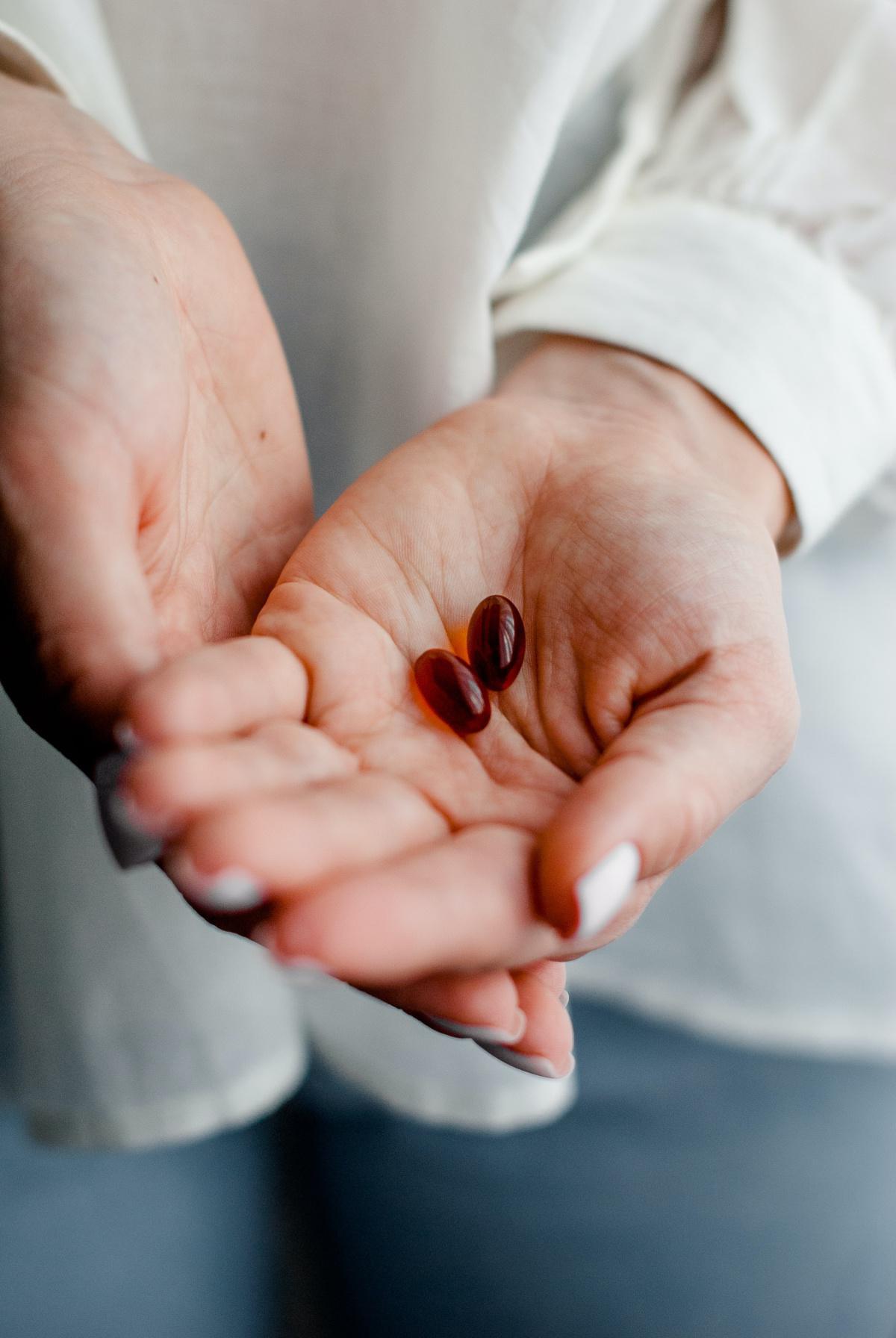The medications that you take can have a significant influence on your sensitivity to heat stress. It is important that you stay informed of what medications you take each day and the effect(s) they may have, especially when working in a hot, humid environment.
Drugs that can contribute to heat stress:
· ADHD medications
· Alcohol
· Anticonvulsants
· Antidepressants
· Antihistamines
· Antipsychotics
· Blood pressure medications (beta blockers and calcium channel blockers)
· Caffeine
· Decongestants
· Illegal stimulants (amphetamine, cocaine, etc.)
· Laxatives
· Migraine medications
· Parkinson’s disease medications
· Weight loss medications
How can drugs contribute to heat stress?
· Drugs such as antihistamines, medications for Parkinson’s disease, and tricyclic antidepressants inhibit sweating.
· When sweat production is reduced, the body is unable to eliminate as much heat, leading to overheating and symptoms of heat stress.
· Caffeine, decongestants, weight loss, medications, and stimulants, like amphetamine, speed up our metabolism. When our metabolism increases, our body temperature also increases. In addition, these drugs also reduce blood flow to the skin, which reduces heat loss.
· Diuretics (water pills) are taken to remove excess water from the body. Being on a diuretic puts you at higher risk for dehydration.
Also be careful when taking antibiotics and other drugs that may cause photosensitivity. Some medications may cause your skin to have a reaction when exposed to sunlight. The skin will have the appearance of a sunburn, but will clear up when the drug is stopped. Check with your doctor or pharmacist if you have additional questions about a medication and heat stress, or if you want to know if a specific medication has a warning for heat or sun exposure.
If you suspect heat stress in yourself or a coworker stop working, rest in a cool area, drink water and call your foreman. Visit one of IRT stations if you are able. If symptoms do not improve, call for an ambulance (911 on a yard phone or (228) 935-6101 on a cell phone).
If you have suggestions on how to improve safety, discuss it with your foreman or call the EHS Department at Ext. 2100. For all emergency calls, dial 935-6101 on any cell phone or 911 from any in yard landline.

